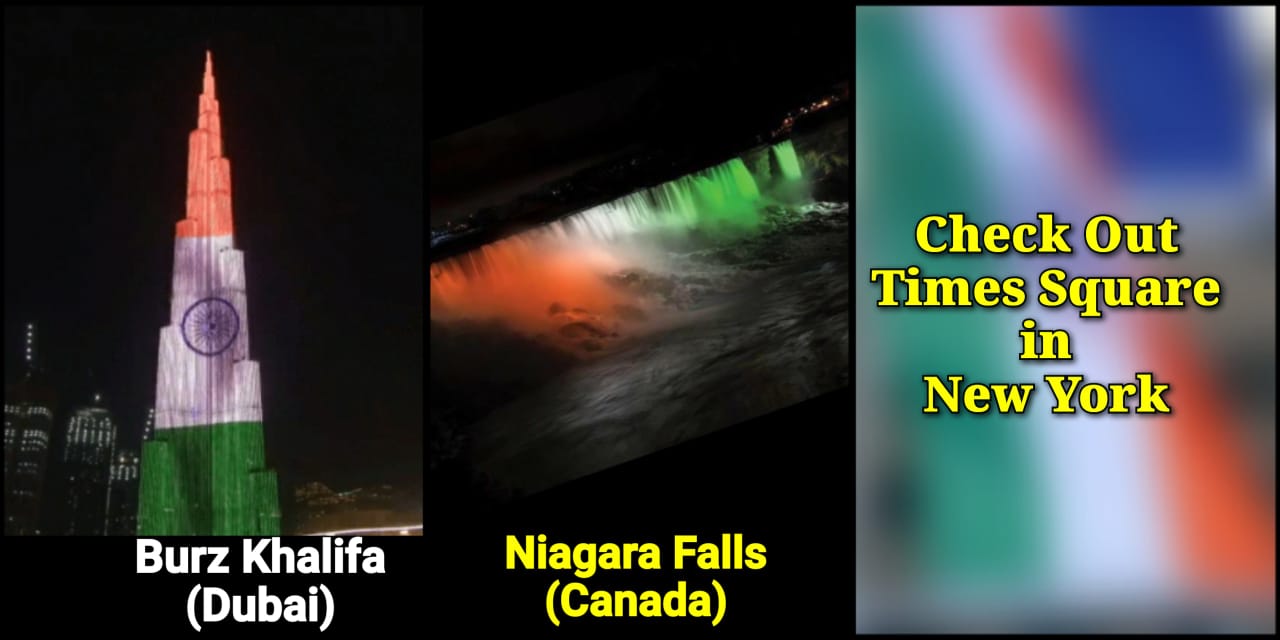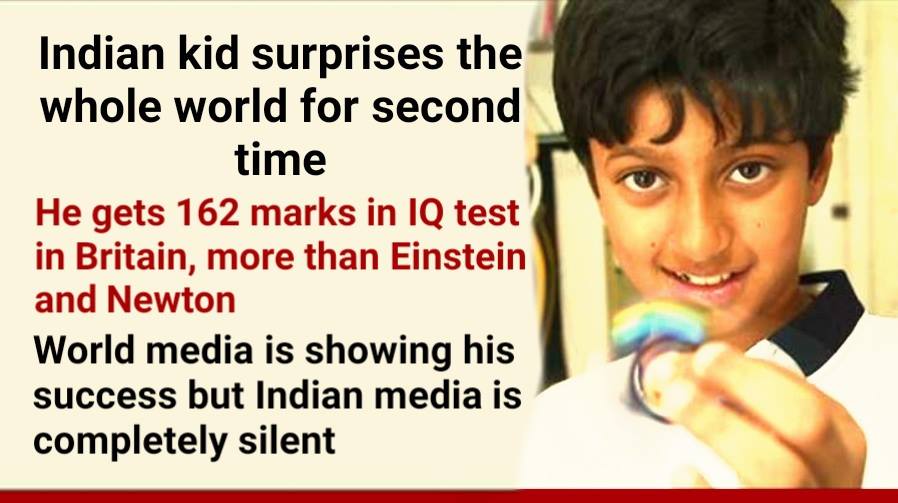No products in the cart.
Maulana claims that half of Punjab belongs to Waqf Board, internet shows anger
Recently, a statement by Maulana has become the cause of a lot of controversy on social media. He claims that half of Punjab comes under the Waqf Board. This statement is creating deep controversies in society and has increased the anger of people on the internet. The video is going viral on social media. Some people support Maulana’s claim, while some are against him.
In the viral video, Maulana says, “The main ḥabs of Waqf Board in the world are India, Pakistan, Turkey, Syria, Palestine, and Mecca Medina, all of them are considered ḥabs. The first number in this is India where The largest number of Waqf Board properties is available in the community report, i.e. 60 lakh acres of land in India.
Further in the video, “This is such a huge area, you can guess from it that it is Kerala, the area of Kerala is 60 lakh acres, almost half of Punjab is Waqf property in India. The video ends with this. The viral video is being shared by Chandra Hansa Shetty and has received 80k views and around 200 likes. After watching the video, netizens are outraged and are sharing various reactions.
Waqf Board, also called ḥabs, or mortuary property, is an indivisible charitable endowment under Islamic law. It typically involves donating a building, plot of land, or other property for Muslim religious or charitable purposes, with no intention of reclaiming the property. Waqf Board is a Muslim religious or charitable foundation created by an endowed trust fund.
The controversy stirred by Maulana’s statement reflects broader concerns around land ownership, religious institutions, and communal narratives. Accurate information and understanding are crucial in navigating such sensitive issues, as misinterpretations can fuel polarization and conflict. Stakeholders must engage in constructive discussions to address concerns and ensure societal harmony.








